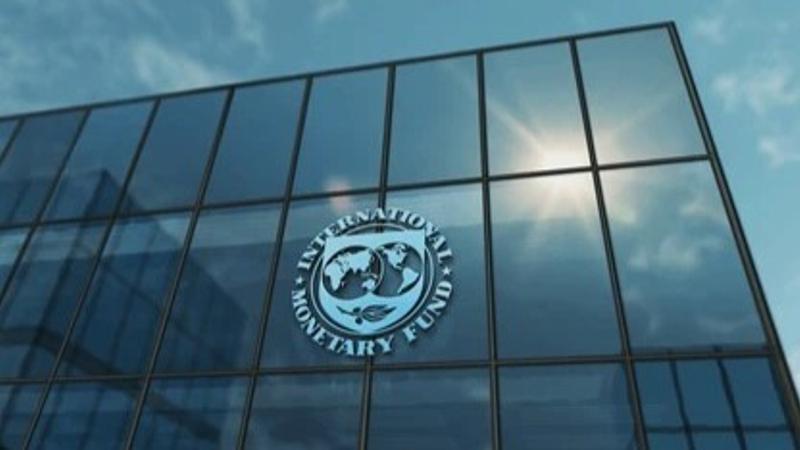Published 09:35 IST, April 19th 2024
IMF Urges China to Shift Focus to Domestic Growth, Address Property Sector Woes
The GDP grew 5.3 per cent year on year to 29.63 trillion yuan (about USD 4.17 trillion) in the first three months of 2024.

IMF | Image:
Shutterstock
- Listen to this article
- 3 min read
Advertisement
09:35 IST, April 19th 2024




